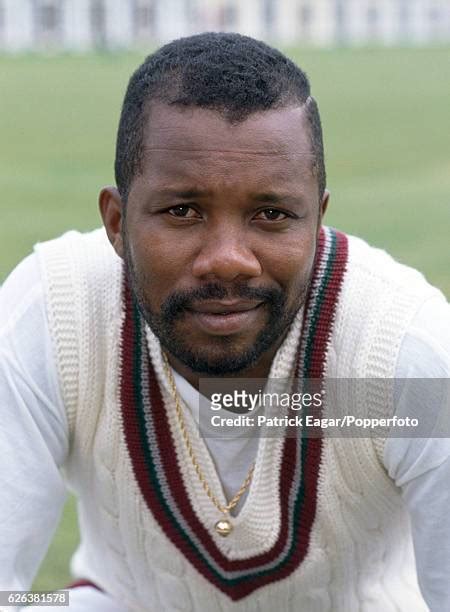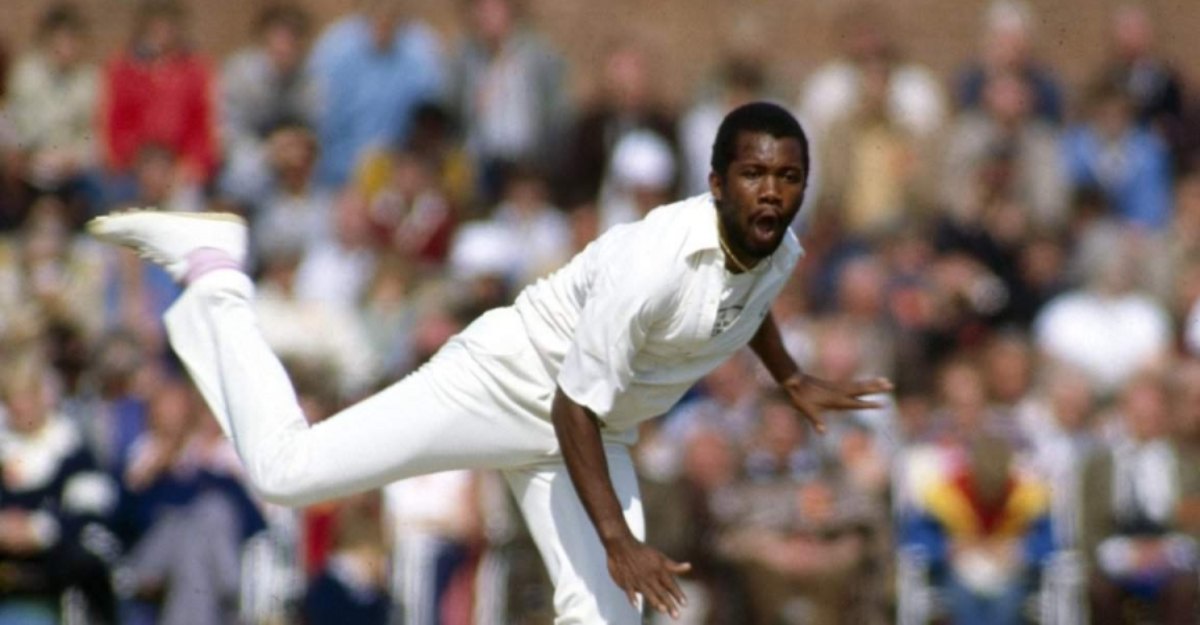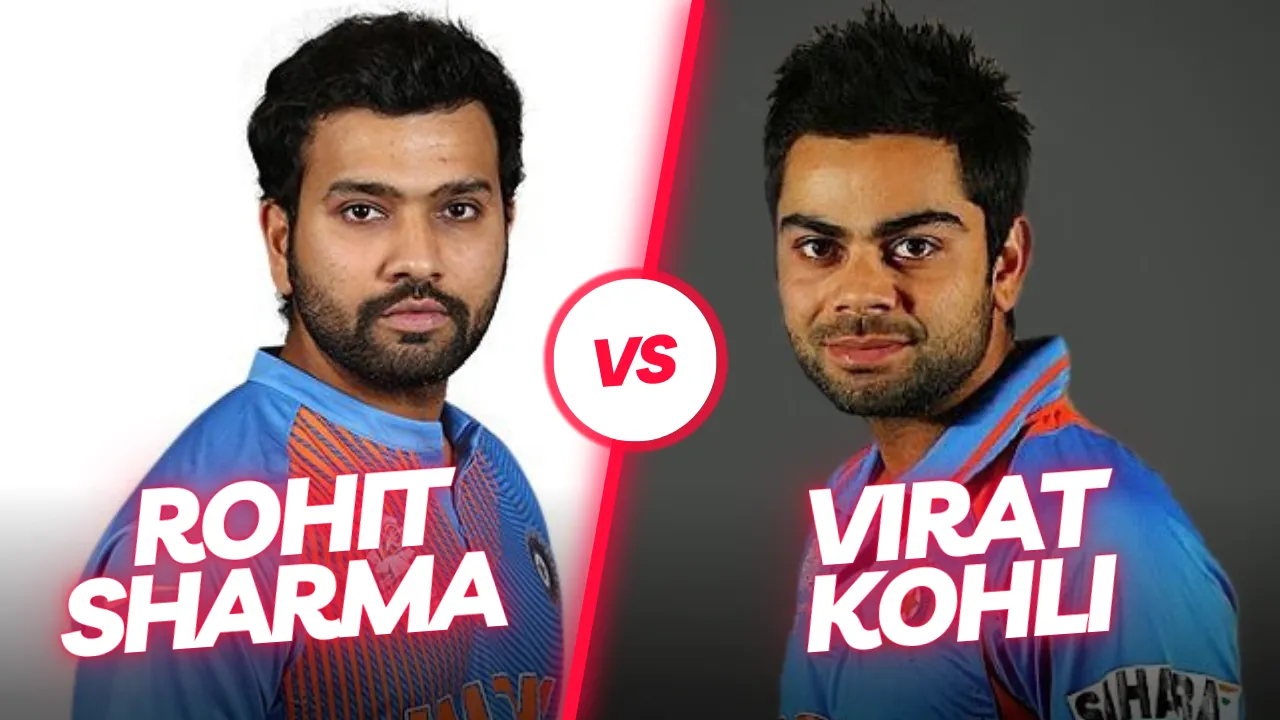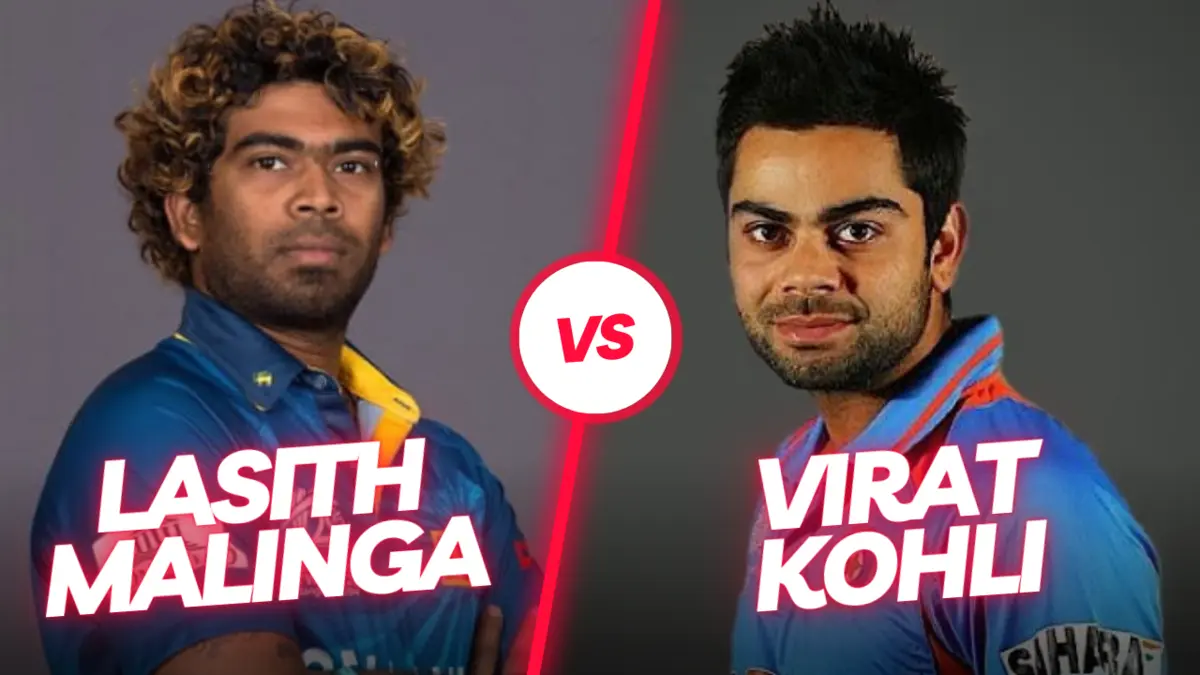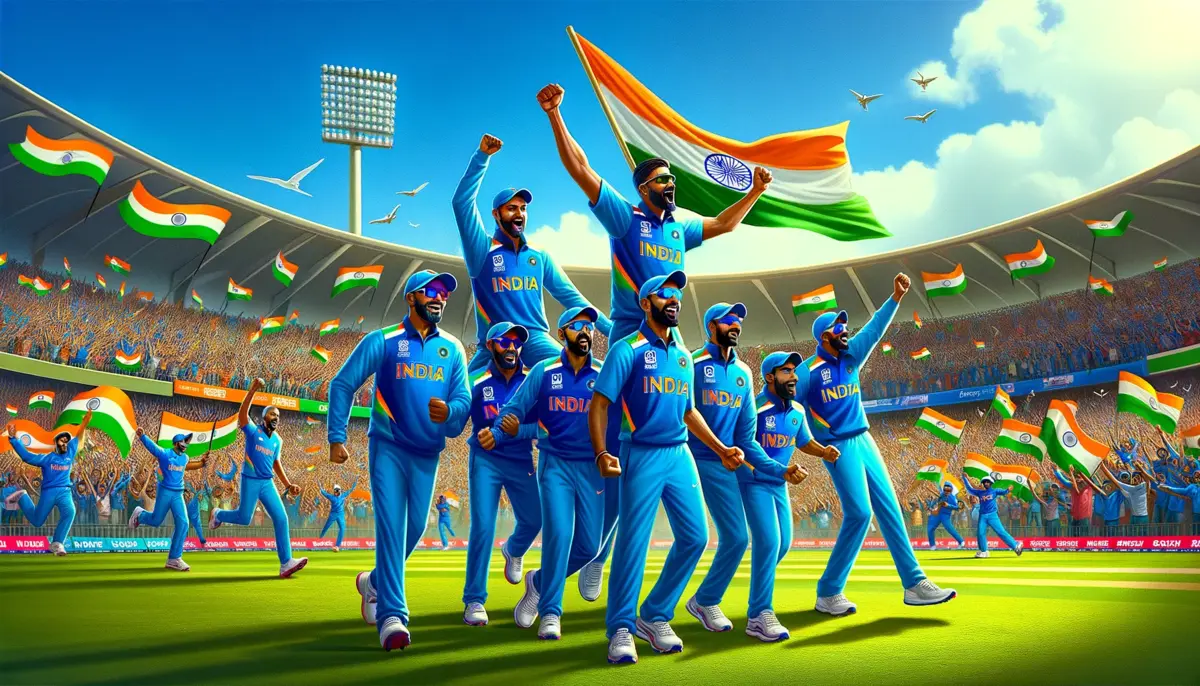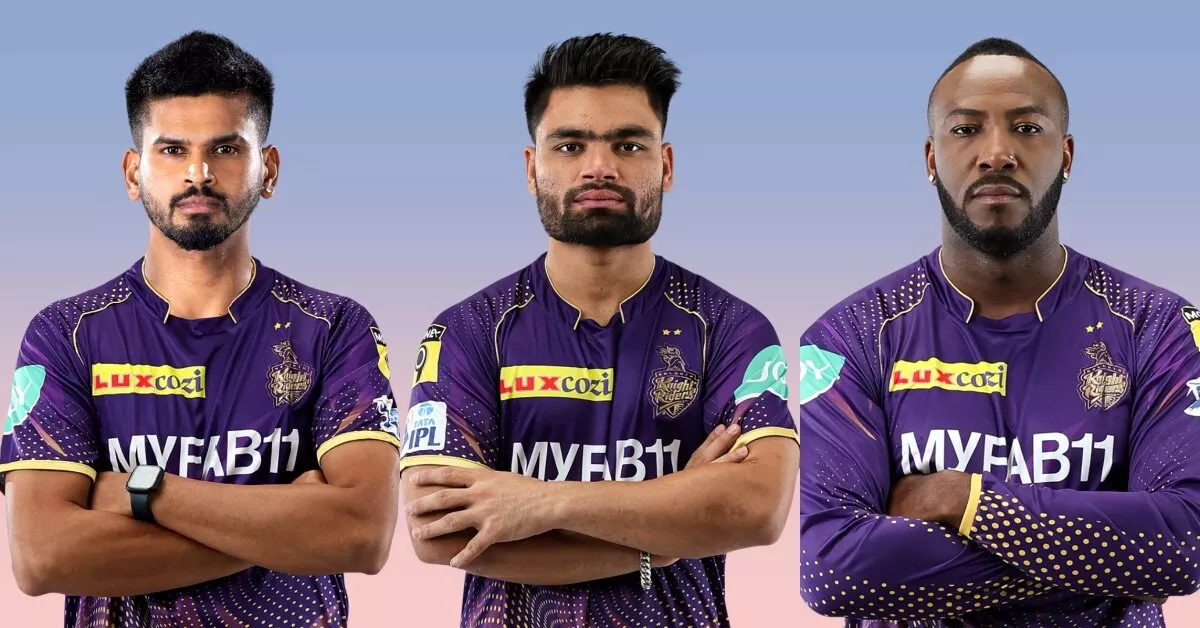When Malcolm Marshall steamed in from short run, veterans sensed imminent barrage while rookies saw career flashbacks careening in.
Ferocious skills fusilladed from perhaps the most complete fast bowler cricket witnessed, his lithe frame concealing furious power scything down all comers over 13 resplendent years.
Marshall matched legendary fast bowlers for sustained mastery conquering every condition through unrelenting precision, animated by evergreen exuberance even in elder years.
Testing him risked embarrassment as genius outmaneuvered muscle through cannily assessed weaknesses dispatched before hapless flails.
Like all greats, Marshall saw equations and probabilities invisible to most – his game an infinite algebraic formula solving for the inevitable.
Article Highlights
Hide- Malcolm Marshall was born on April 18, 1958, in Bridgetown, Barbados, and emerged from humble beginnings, symbolizing the collective aspirations of a people.
- Marshall quickly ascended the ranks of West Indies cricket, showcasing speed, skill, and psychological acumen, and by the mid-1980s, he was widely acknowledged as one of the world's leading fast bowlers.
- Marshall achieved several key milestones in his career, including his debut for West Indies in December 1978, a record-breaking performance against England at Headingley in 1984, and becoming the leading wicket-taker among West Indian fast bowlers.
- Marshall's legacy includes capturing 376 wickets in Test cricket at an average of 20.94, with an exceptional strike rate of 46.7, and inspiring a generation of fast bowlers to bowl with speed, smarts, and courage.
Beyond statistical magnificence sat mentorship upholding West Indies pace lineage through tutelage – Marshall a primary conduit between eras of regional dominance.
Later as batsman enjoying second coming, Marshall upheld virtues rendering him exemplar. His name conjures reverence for both wizardry and sportsmanship fused in a singular presence who both mastered his craft yet cared for cricket community.
Early Life and Background
Born on April 18, 1958, in Bridgetown, Barbados, Malcolm Denzil Marshall emerged from humble beginnings to become one of the most formidable fast bowlers in the history of cricket.
His ascent to cricketing greatness is a narrative of resilience and exceptional talent blossoming within the constrictions of a post-colonial society seeking to assert its identity and prowess on the global stage.
Marshall’s early life in Barbados, characterized by modest circumstances, was instrumental in forging his unyielding spirit. The socio-economic conditions of the Caribbean islands during this period were marked by a quest for self-determination after centuries of colonial rule.
Thus, cricket was not merely a sport but a cultural expression of defiance and liberation. Marshall’s rise through the ranks of cricket was symbolic, embodying the collective aspirations of a people yearning to break free from the yoke of historical subjugation.
Sunil Gavaskar
As India emerged from cricketing obscurity, Sunil Gavaskar pioneered batting excellence against ... Read More
His early exposure to cricket in the vibrant streets and playing fields of Barbados laid the groundwork for his future success. The island’s rich cricketing heritage, replete with legendary figures who had previously donned the West Indies cap, provided young Marshall with both inspiration and a tangible pathway to international acclaim.
As a result, Marshall’s early life was not just an individual journey but a chapter in the Caribbean’s larger story of emancipation through sporting excellence.
Malcolm Marshall: Rise Through Cricket Ranks
Propelled by his early experiences and innate talent, Malcolm Marshall quickly ascended the ranks of West Indies cricket, showcasing an exceptional blend of speed, skill, and psychological acumen on the field.
His rise was not just a testament to his physical abilities but also to his strategic thinking and relentless pursuit of excellence. Marshall’s career trajectory was marked by significant milestones that mirrored his growing dominance in the sport.
To offer a detailed perspective on Marshall’s progression, consider the following table highlighting key stages of his ascent:
| Milestone | Significance |
|---|---|
| Barbados Debut | His first-class debut for Barbados in 1978 signaled his arrival on the professional scene. |
| West Indies Cap | Receiving his Test cap in 1978, Marshall’s international career commenced. |
| Prolific Seasons | Dominating seasons throughout the early 1980s established him as a fearsome bowler. |
| World Recognition | By mid-1980s, he was widely acknowledged as one of the world’s leading fast bowlers. |
These milestones encapsulate the analytical depth of Marshall’s growth as a cricketer. His relentless climb up the cricketing ladder was fueled by a combination of raw pace, an ability to outthink batsmen, and an unyielding work ethic, liberating the West Indies team with his contributions and setting new benchmarks for fast bowling.
Key Career Milestones
Malcolm Marshall’s key career milestones are reflective of his formidable prowess and strategic mastery in the realm of international cricket, marking his evolution from a promising talent to a legendary fast bowler.
These milestones not only highlight his personal achievements but also underscore his significant contributions to the West Indies cricket team’s dominance during the 1980s. Marshall’s career was studded with numerous achievements that can be distilled into some of the most pivotal moments.
- Debut for West Indies: In December 1978, Marshall made his test debut against India, signalling the advent of a cricketing great.
- Record-Breaking Performance: His 7 for 53 against England at Headingley in 1984 established him as one of the most feared fast bowlers of his era.
- All-Round Proficiency: In 1988, Marshall scored his maiden test century against England, showcasing his versatility and skill beyond bowling.
- Leading Wicket-Taker: By the end of his career, Marshall amassed 376 Test wickets, at the time the highest by any West Indian fast bowler.
In analyzing these milestones, it becomes clear that Marshall’s career trajectory was characterized by relentless improvement, adaptability, and an unyielding commitment to excellence. His legacy is not merely in the statistics but also in the indomitable spirit he brought to the game.
Malcolm Marshall: Record-Breaking Performances
Building upon his key career milestones, Malcolm Marshall’s record-breaking performances further cemented his status as an iconic figure in the cricketing world. His unparalleled skill led to numerous records that showcased his dominance in the sport.
Notably, Marshall’s ability to deliver fast and lethal deliveries was encapsulated when he became the leading West Indian wicket-taker in Test cricket—a record he held until Courtney Walsh surpassed it in the late 1990s.
Marshall’s analytical approach to dismantling batting line-ups was evident in his superior strike rate, which remains one of the best among bowlers with more than 200 Test wickets. His record-breaking performance in 1984 against England, where he claimed 7 wickets for 53 runs at Headingley, stands as a testament to his lethal precision and strategic acumen.
It was not just his ability to take wickets but the rapidity with which he did so that disrupted opposition teams and established new benchmarks in bowling efficiency.
Beyond the figures, Marshall’s impact was psychological, instilling fear and respect in the hearts of batsmen worldwide. His contribution to West Indies’ dominance in the 1980s cannot be overstated—his records are not mere numbers but narratives of a cricketer who transformed the art of fast bowling.
Legacy and Statistical Impact
Through his remarkable achievements and enduring influence, the legacy of Malcolm Marshall in cricket history is underscored by his impressive statistical contributions to the game.
Marshall’s career, punctuated by sheer pace and intellectual mastery of fast bowling, has left an indelible mark on cricket, celebrated through the following statistics:
- Wickets: Marshall captured 376 wickets in Test cricket at an average of 20.94, which is among the best for any fast bowler with over 200 wickets.
- Strike Rate: His Test strike rate stands at an exceptional 46.7, demonstrating his ability to take wickets frequently and thus turn matches in his team’s favor.
- Economy Rate: With an economy rate of 2.68 in Tests, he efficiently contained runs while also striking regularly, a balance that is the hallmark of greatness in cricket.
- Influence on Matches: He played a pivotal role in 81 Test matches, with his performances often correlating directly with the West Indies’ dominance in the 1980s.
Marshall’s statistical impact is not just a testament to his skill but a beacon for aspiring fast bowlers. His legacy transcends numbers, inspiring a generation to bowl with speed, smarts, and courage, forever changing the archetype of fast bowling in cricket.
Final Take
In summary, Malcolm Marshall’s career is marked by exceptional achievements, characterized by a relentless pursuit of excellence and a profound impact on cricket.
His statistical records bear testimony to his prowess, while his legacy transcends numbers, influencing generations of fast bowlers.
Marshall’s contribution to cricket is not merely measured by his personal accolades but also by the indelible mark he left on the sport, securing his place among the pantheon of cricketing greats.

